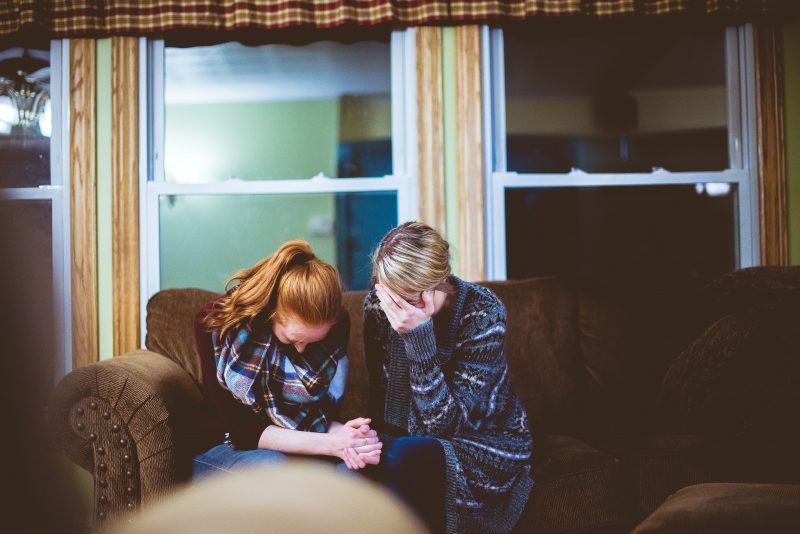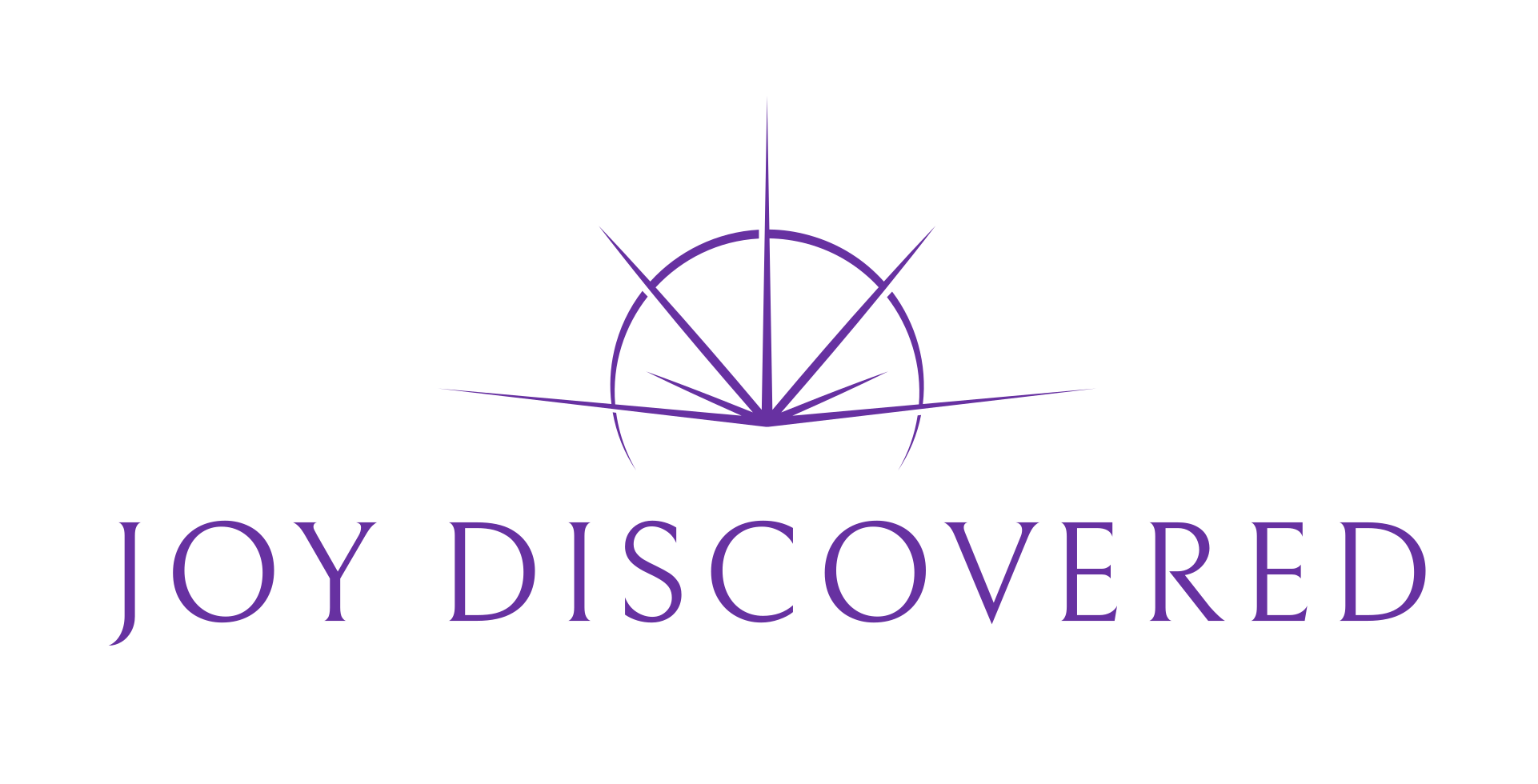The Psychology Of Loss When Leading Through Crises

Do you ever, amid a challenge or challenging time, find yourself… in the kitchen… looking for a snack?
Me too.
In the days after the hurricane that just ran through my community, Hurricane Ian, the fridge has been less of a food source (because I’m not even hungry) and more of a distraction, a procrastination technique, a door to answers of seemingly insoluble questions.
Maybe you’ve experienced disaster, loss, trauma, tragedy – big or small, at home or at work. And while you know there is much to do in the wake of such an experience, you might not feel like doing anything or know where to start.
For some of us hurricane-pathers, life feels oddly back to normal. FPL restored electricity in record time (we were only without power for two days, though it took a bit longer for some of my friends to get theirs back on). Gas is available. And grocery stores in my neighborhood are open and fully stocked, aside from the occasional fruit and vegetable. Even the radio stations have returned to playing music; whereas right after the storm, it was 24/7 storm coverage and disaster relief resources.
And so we muster up the energy and go through the motions of daily life.
Except it doesn’t feel right. It’s been hard to get out of bed in the morning. It’s been hard to swallow the stories that I hear and the grief I’ve been holding space for with my clients who experienced hardship. It’s been hard to fathom the deep loss that so many have borne. (Every single person I’ve talked to has at least one friend that lost everything.)
This heavy feeling post-tragedy is normal. Necessary, even. But often transforms into a psychological concept called comparative suffering. Comparative suffering happens often during widescale tragedies, like Hurricane Ian and the pandemic. During these collective traumas, we tend to compare our misfortunes to those of someone else and belittle our own experiences.
For example:
“I loved our trees that were uprooted by the wind but at least I didn’t lose my house in the storm surge.”
Or: “I miss not seeing my family during lockdown, but at least no one in my family died from COVID.”
Or: “It sucks that I couldn’t get the raise I expected this year because of the recession, but at least I still have a job.”
Seeing an experience through the eyes of someone else strikes empathy in us, which is a key component of “others awareness,” the 3rd pillar of emotionally intelligent leadership. And it gives us perspective which helps us be more optimistic overall. (Data shows that optimistic people are more successful in general than their pessimistic counterparts.)
But when we dismiss our own feelings after judging our experience as less tragic than someone else’s, it adds to our suffering. In comparative suffering, we don’t grieve our own losses, which holds us back from truly moving on.
Sure, millions and millions of humans put their grief in a figurative box and hide it in their basements. But just because it’s out of sight, doesn’t mean that it’s gone. You might not be thinking of your sadness or whatever feeling you’ve chosen to hide, but you are still carrying it with you everywhere you go. And because of that, it weighs you down. To lighten your load and loosen your step, you’ve got to feel your feelings and honor your own losses – EVEN IF your experience was less tragic than your neighbors’.
Because here’s the deal: We all need each other. And we can’t fully be for each other now if our psyche and energy are locked somewhere in our basement. So many people in SWFL need us in this community recovery effort. So honor yourself, honor your feelings, honor your experience so you can move on. Give the members of your team space to do this as well. Then go get to work helping others who were less fortunate than you.
Lots of love,
💜 Your coach,
Sara

What's your greatest take-away from this blog? Any questions?